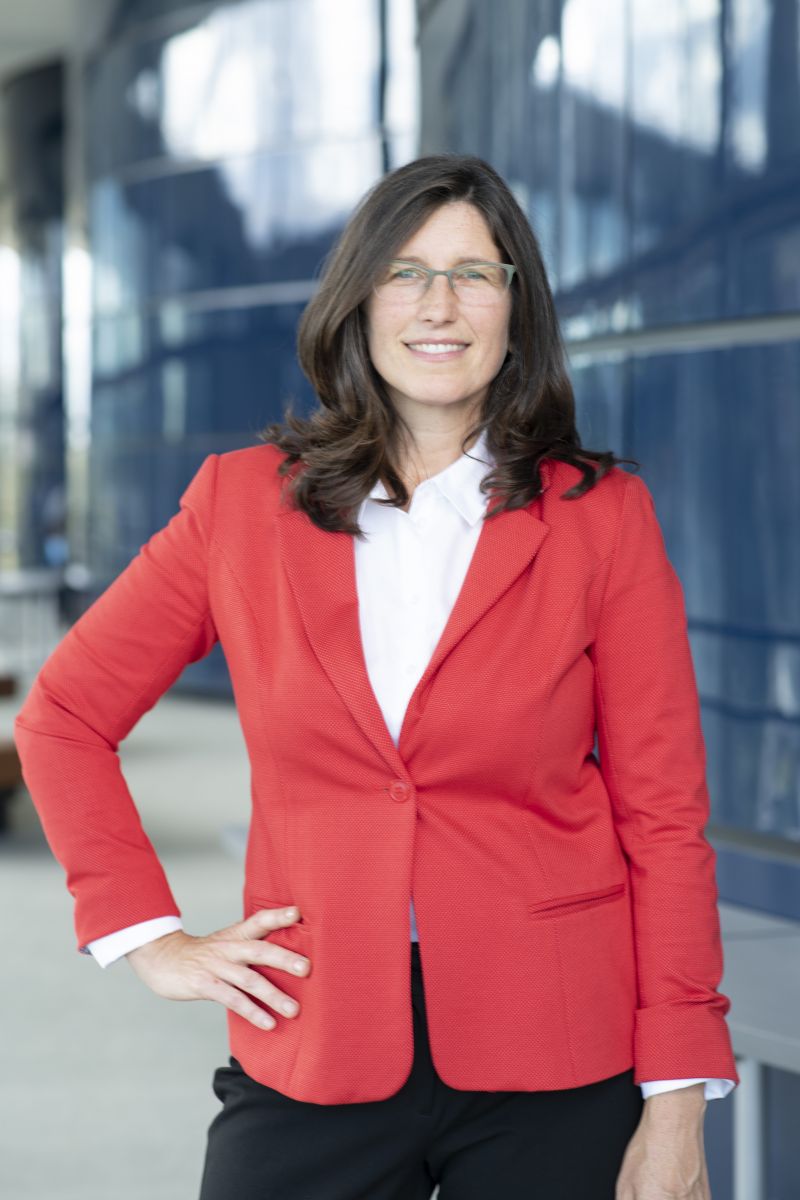About

Kate Cooney
Founder and Director, IEDL
Senior Lecturer, Yale School of Management
Kate Cooney, PhD, MSW, received her graduate degrees from the UCLA Luskin School of Public Affairs. She grew up in Washington DC in the 1970s and 1980s. The stark economic differences between neighborhoods in the D.C. of that era inspired a deep interest and curiosity about cities, inequality, racial injustice and American history as it pertains to current urban landscapes. Professor Cooney teaches classes at Yale on cities in 20th and 21st centuries, and on urban poverty and inclusive economic development in the United States. She created and conceived of the Inclusive Economic Development Lab at the Yale School of Management and the CitySCOPE podcast. Please reach out if you have an idea for a future lab topic or for more conversation on Seasons 1-4.
IEDL Vision statement
The work of inclusive economic development requires bold action, mobilizing narratives, community engagement, and alliances across unlikely partners. The Inclusive Economic Development Lab brings together academics, practitioners, students and local stakeholders to explore a different topic related to Inclusive Economic Development each Spring. Through the IEDL, we aim to be a place where public officials, practitioners, academics, students, and engaged citizenry tune in to learn about cutting-edge practices and scholarship on inclusive economic development.
Importance
Inclusive Economic Development requires grappling with deeply entrenched systemic injustices still embedded in land use, zoning, taxation, governance, finance, education, workforce and other arenas. Taking the action necessary to address racial inequities and to invest in the next several generations of Americans for more broadly shared prosperity requires innovation in all of these spheres as well as frames and mobilizing strategies for action. The shape of the work of the IEDL shifts each year in relationship to the theme, the local stakeholders, and the student expertise and interests but the goal each session is to develop insight, analysis, and models for action.